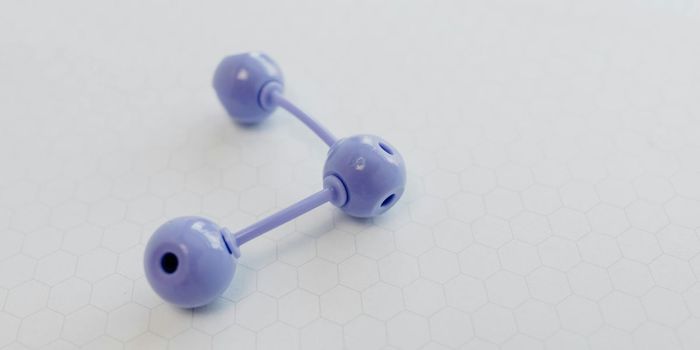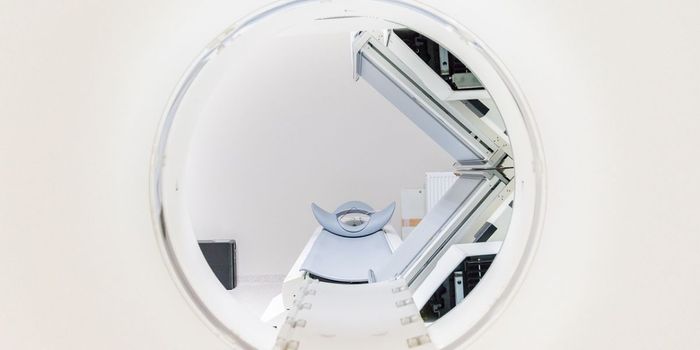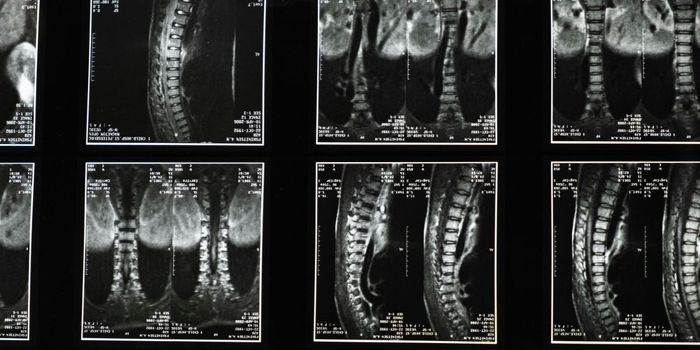Mitochondrial Enzyme Used to Measure Brain Power Supply
A new study from University College London (UCL) confirms that the brain steadily uses 20% of the body’s metabolic energy, and provides new evidence of how the brain focuses attention with that fixed metabolic power supply.
Previously it was known that the brain used about 20% of metabolic energy at rest, but it was thought that the brain’s power supply would increase with mental demand. When we focus our brain’s attention on a task, it requires more energy, so the brain regions that are completing the task steal energy from areas of the brain that are not directly needed for the task. Finally, the researchers found that the energy-deficient regions missed underperformed.
In selective attention tests, like the one above and in the UCL study, participants focus on a task while later showing that intense focus on that task led them to miss obvious changes in their environment. The concept in the video has been known for a long time, but now researchers have the technology to measure energy production at the cellular level and connect data to the concept.
In the UCL study, eighteen participants were given increasingly challenging visual tasks, and researchers measured a critical enzyme to the mitochondria in their brain cells, during the exercises. Previous studies measured cerebral blood oxygenation levels, but measuring intracellular energy production means a more precise comparison of the energy used across specific regions of the brain. Results showed that power was diverted to areas processing the visual problem, and away from areas not directly involved in completing the task.
More challenging tasks become overwhelming and can cause physical pain, like a headache. Senior author Professor Nilli Lavie explains this is because the brain demands more than 20% of the body’s metabolic energy to power all of the mental demands.
With the pandemic keeping everyone home, many have reported difficulty paying attention. Management steps can help us avoid becoming overwhelmed while staying productive, but this research shows that the human brain can only work so hard.
Sources: Bruckmaier et al., INC., NeuroscienceNews, Noba








